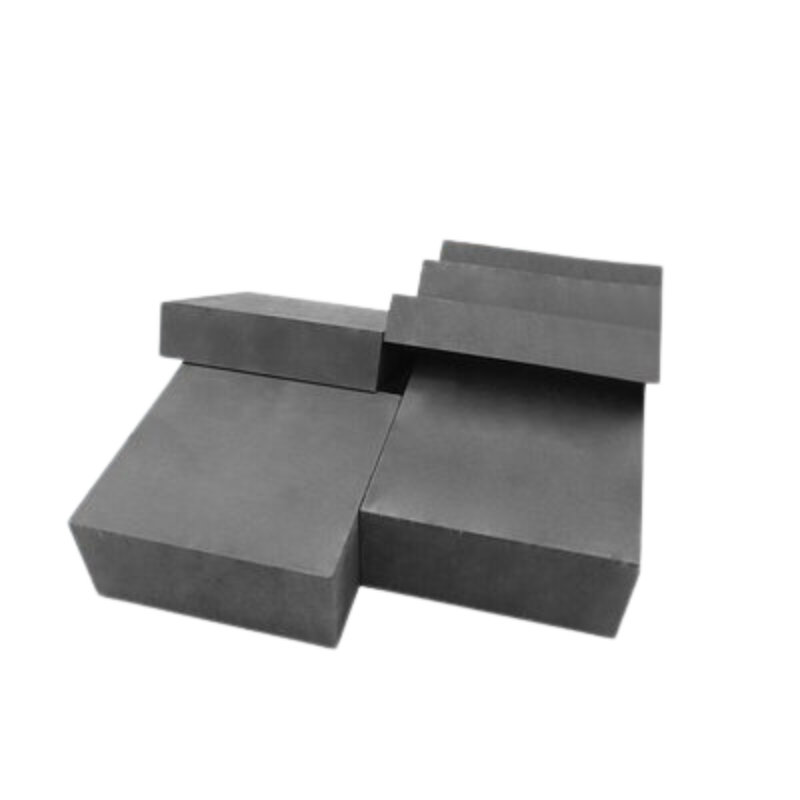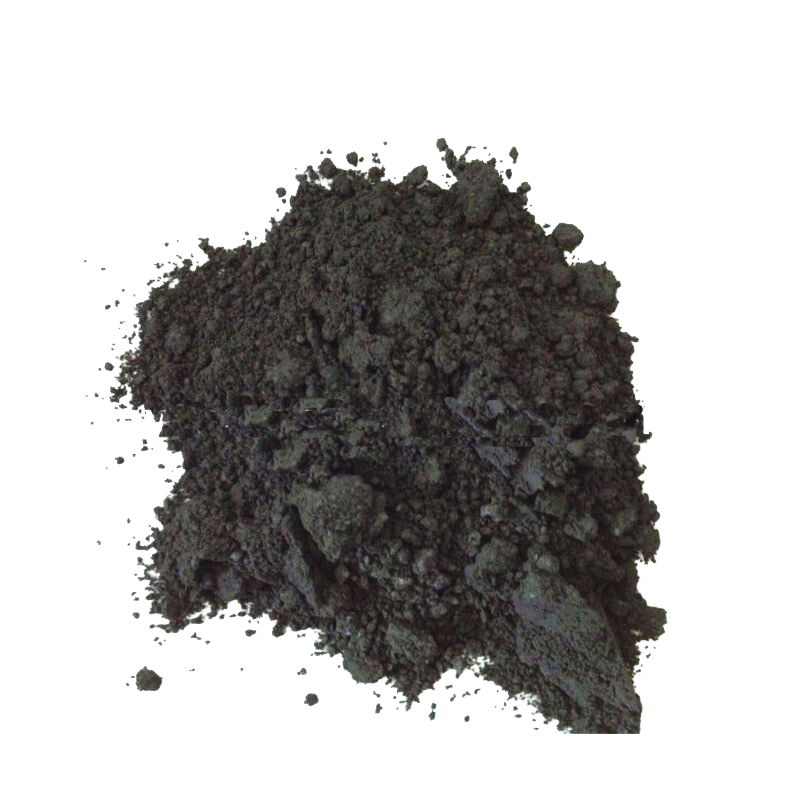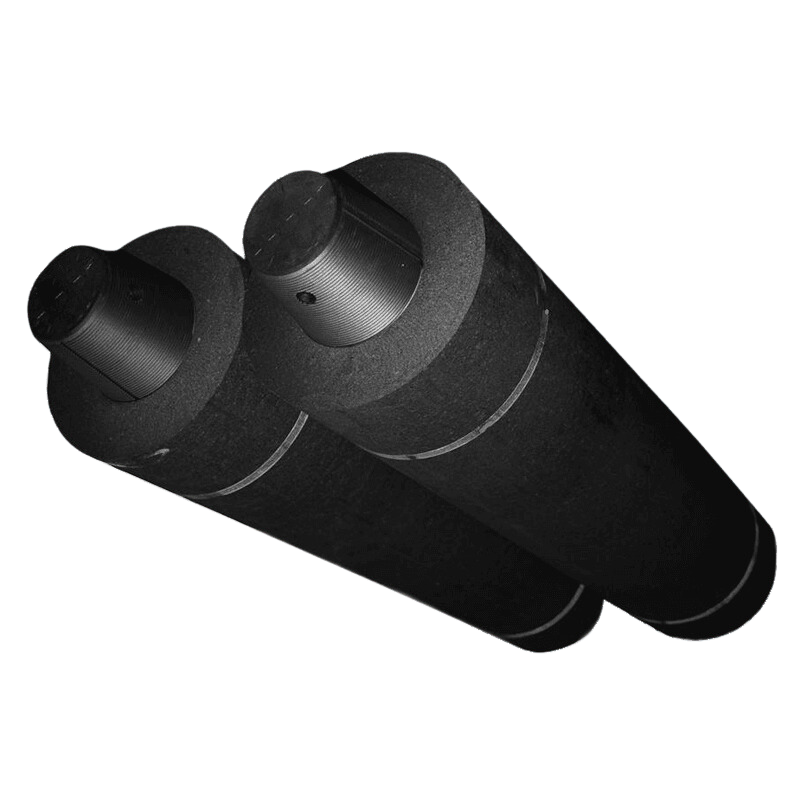Graphite electrodes are widely used conductive materials in electrochemical and metallurgical applications. They are typically classified into different types, each with its own advantages and suitability for specific applications. Here is a breakdown of the main classifications and general usage instructions for graphite electrodes:
1. Natural Graphite Electrodes:
- Features: Natural graphite electrodes are primarily composed of natural graphite, exhibiting high conductivity and stability.
- Applications: Mainly used in electrolytic cells, metal smelting, and electrochemical reactions. Natural graphite electrodes find applications in the metallurgical industry, particularly in the electrolytic production of aluminum.
2.Artificial Graphite Electrodes:
- Features: Synthetically produced graphite with a more uniform structure and higher purity.
- Applications: Widely employed in aluminum electrolysis, chlor-alkali production, and electrochemical synthesis. Artificial graphite electrodes often possess better corrosion resistance and conductivity, making them suitable for applications requiring high material purity.
3.Non-Oxidized Graphite Electrodes:
- Features: Composed of non-oxidizing graphite materials, exhibiting good stability in high-temperature and corrosive gas environments.
- Applications: Commonly used in high-temperature electrochemical reactions, molten salt batteries, and other applications requiring stability in elevated temperatures.
4.Metal-Coated Graphite Electrodes:
- Features: Graphite surface coated with a layer of conductive metal, enhancing conductivity and corrosion resistance.
- Applications: Employed in electrochemical reactions and electrolysis processes where the metal coating improves the electrode’s performance and extends its lifespan.
Usage Guidelines:
1.Environmental Adaptability: Select the appropriate type of graphite electrode based on the specific operating environment, considering factors such as temperature, chemical medium, and corrosiveness.
2.Electrical Conductivity: Different types of graphite electrodes exhibit varying levels of electrical conductivity. Consider the electrical conductivity requirements for the intended application.
3.Purity Requirements: For applications demanding high purity, such as in the electronics industry, it may be necessary to choose artificially produced graphite electrodes with elevated purity levels.
4.Coating Selection: In specialized environments, the use of metal-coated electrodes can enhance resistance to corrosion and improve electrical conductivity.
5.Size and Shape: Choose the electrode size and shape based on the specific application requirements to ensure optimal performance and efficiency.
Overall, graphite electrodes have diverse applications across various industries. Selecting the appropriate type and specifications is crucial to ensuring optimal electrode performance and longevity. Prior to specific applications, it is advisable to carefully review the technical specifications and usage instructions provided by the supplier.





